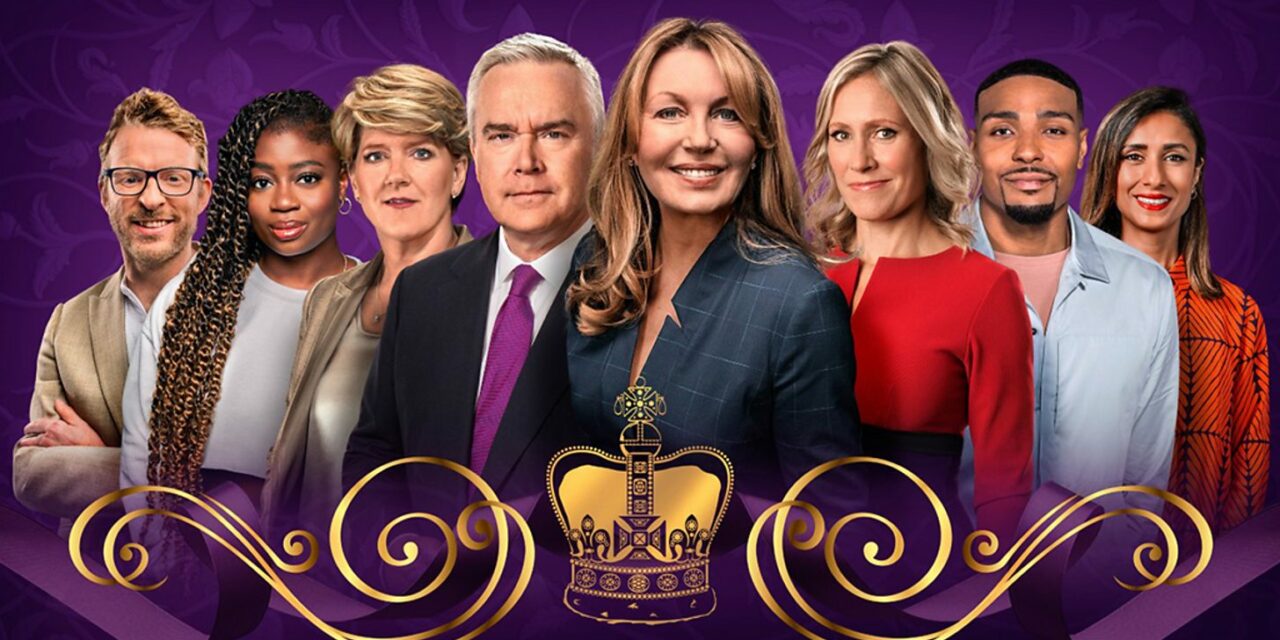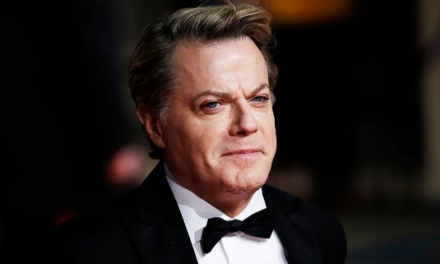Thousands of viewers have submitted complaints to broadcast regular OFCOM expressing their deep dissatisfaction with the BBC’s coverage of the historic coronation of King Charles III. According to these viewers, the BBC’s failure to inject enough racism against white people into their broadcast was a gross oversight that fell well short of their liberal expectations.
“I was appalled by the sheer lack of racial divisiveness in the BBC’s coverage,” said one disgruntled viewer, who wished to remain anonymous. “I mean, where were the constant reminders of the sins of colonialism? The incessant mentions of slavery? It was as if they were deliberately trying to downplay the racial aspect of this momentous occasion. Absolutely unacceptable!”
The BBC, known for its commitment to promoting diversity, equity, and inclusion, found itself caught off guard by this unexpected backlash. BBC spokesperson, Fiona Green, expressed her bewilderment, stating, “We were under the impression that we were doing a fine job covering the coronation. Our reporters were diligent in their reporting, capturing all the key moments of the event. But clearly, some of our viewers wanted more racism against white people, and we apologize for not meeting their expectations.”
In an attempt to rectify the situation, the BBC has vowed to review its coverage and make the necessary adjustments. Plans are already underway to include segments highlighting the privilege enjoyed by the monarchy, emphasizing the colonial past, and examining the potential racial implications of King Charles III’s reign.
“We understand that our viewers rely on us to maintain a certain level of racism in our reporting,” said Green. “We appreciate their feedback and are committed to delivering the racial divisiveness they crave. Going forward, we will ensure that our coverage of significant events aligns with the expectations of our progressive audience.”
Social media platforms have been abuzz with discussions surrounding the controversial issue. Hashtags such as #BBCRacismDebate and #WhitenessErasure have gained traction as viewers from both sides of the argument voiced their opinions. Many supporters of the BBC’s critics have called for a boycott of the network until they rectify their “blatant disregard for proper racism against white people.”
Meanwhile, critics of the BBC’s critics argue that this outrage reflects a disturbing trend of identity politics gone awry. “The fact that people are demanding racism against white people is a perfect example of the absurdity we’ve reached,” said one Twitter user. “We should be striving for equality and unity, not perpetuating racial division.”
As the BBC scrambles to address the concerns raised by its viewers, the controversy surrounding the coronation coverage continues to deepen. The network now faces the daunting task of striking the delicate balance between inclusive reporting and maintaining an adequate level of racial animosity, all while providing unbiased coverage of the monarchy’s most significant moments.
Only time will tell how the BBC will navigate these treacherous waters. But one thing is for sure, the fallout from this incident has exposed the increasingly polarised nature of contemporary society, where even the absence of racism can be cause for uproar.
















